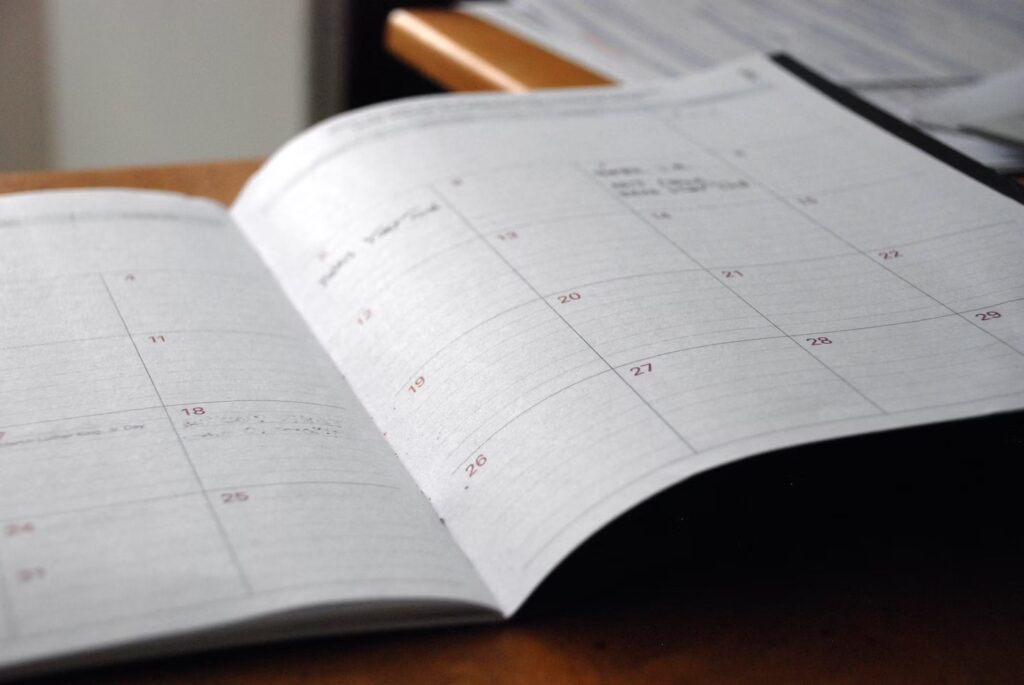Mastering Exam Success: The Ultimate Guide to Study Tips for Ace-ing Your Final Exams
Final exams can be a stressful time for students, but with the right study tips and strategies, you can increase your chances of success. In this ultimate guide, we will explore effective study techniques, creating the perfect study space, utilizing study apps, planning your study schedule, group study techniques, using flashcards for memorization, learning by teaching others, using visualizations to aid memory, taking breaks for optimal productivity, managing test anxiety, taking advantage of review sessions, rewarding yourself for progress, and the services available for academic success.
Study Tips for Exams
Effective Study Strategies

When it comes to studying for exams, it’s important to have effective study strategies in place. One of the best ways to maximize your study time is to develop a study routine. This means setting aside dedicated time each day to focus on your studies. This will help you build discipline and create a habit of consistent studying.
Another effective study strategy is to break down your study material into smaller, manageable chunks. This will make it easier to digest the information and prevent overwhelm. You can use techniques such as mind maps or creating an outline to help you organize and prioritize the information you need to study.
Creating the Perfect Study Space

A conducive study environment is crucial for optimal focus and concentration. Find a quiet space where you can study without distractions. Make sure your study area is well-lit and comfortable. Remove any items that may tempt you to procrastinate, such as your phone or video games.
Organize your study materials and keep them within reach. This includes textbooks, notebooks, and any class notes you may need to reference. Having all your materials readily available will save you time and help you stay focused on your studying.
Utilizing Study Apps

In this digital age, there are numerous study apps available to help enhance your learning experience. Whether it’s flashcard apps for memorization, note-taking apps to keep your class notes organized, or productivity apps to help you stay on track with your study schedule, there are plenty of options to choose from. Experiment with different study apps and find the ones that work best for you.
Preparing for Exams
Planning Your Study Schedule

Before you start studying for your exams, it’s essential to create a study schedule. This will help you allocate time for each subject and ensure that you cover all the necessary material. Break your study schedule into smaller, manageable study sessions to prevent burnout.
Identify your peak study times. Some students find that they are most productive in the mornings, while others prefer to study in the evenings. Schedule your study sessions during these peak times to take advantage of your natural energy levels and concentration.
Group Study Techniques
Studying with a group can be beneficial as it allows for collaborative learning and different perspectives. However, it’s important to establish ground rules and stay focused during group study sessions. Choose group members who are equally committed to studying and have a similar level of motivation.
During group study sessions, divide the material among the group members and assign each person a specific topic or concept to study. This way, you can cover more material in a shorter period. Discuss the topics together, ask questions, and clarify any doubts you may have.
Using Flashcards for Memorization

Flashcards are a tried and tested method for memorization. Create flashcards with key terms, definitions, and important concepts. Shuffle the flashcards and test yourself on the information. This technique helps reinforce your memory and is especially useful for subjects that require rote memorization, such as vocabulary words or formulas.
Strategies for Effective Study
Learning by Teaching Others
Teaching others is an excellent way to solidify your understanding of a subject. Find a study partner or family member and explain the concepts to them as if you were teaching a lesson. By breaking down complex ideas into simpler terms, you not only reinforce your own knowledge but also identify any gaps in your understanding.
Using Visualizations to Aid Memory
Visualizations can be a powerful tool for memory retention. Try visualizing complex information or concepts as images or diagrams. This can help you retain the information more effectively and make it easier to recall during exams. Additionally, using color-coded charts or highlighting key points in your notes can further enhance your memory retention.
Taking Breaks for Optimal Productivity
While it may seem counterintuitive, taking regular breaks during your study sessions can actually improve your overall productivity. The brain needs time to process and consolidate new information. Schedule short breaks every hour or so to recharge your mind. Use this time to stretch, grab a healthy snack, or engage in a quick physical activity.
Tips and Tricks for Exam Day
Managing Test Anxiety
Test anxiety is common among students, but it can be managed with the right strategies. Start by practicing deep breathing exercises to calm your nerves. Visualize yourself taking the exam confidently and performing well. Avoid cramming right before the exam, as this can increase anxiety. Trust in your preparation and remind yourself that you have done everything you can to succeed.
Taking Advantage of Review Sessions
If your school or university offers review sessions before the exams, make sure to attend them. These sessions are designed to provide additional guidance and clarification on the exam material. Take notes, ask questions, and engage actively in the session. Review sessions can help you identify any areas of weakness and provide valuable insights that can boost your exam performance.
Rewarding Yourself for Progress
Studying for exams can be challenging, and it’s important to reward yourself for your hard work and progress. Set achievable goals for each study session or topic and reward yourself when you accomplish them. This can be something small like taking a short break to do an activity you enjoy or treating yourself to a favorite snack. Celebrating small victories will motivate you to keep going.
Services for Academic Success
Research Assistance
Many educational institutions offer research assistance services to students. These services provide guidance on conducting research, finding credible sources, and structuring your academic papers. Take advantage of these resources to improve your research skills and produce high-quality work.
Admissions Support
As you prepare for university or college admissions, admissions support services can be invaluable. They can help you navigate the application process, provide guidance on writing personal statements or essays, and offer interview preparation. Utilize these services to increase your chances of getting accepted into your desired educational institution.
Career Guidance
During your academic journey, it’s essential to start thinking about your future career. Career guidance services can assist you in exploring different career paths, identifying your strengths and interests, and providing guidance on internships and job opportunities. Take advantage of these services to make informed decisions about your career choices.

